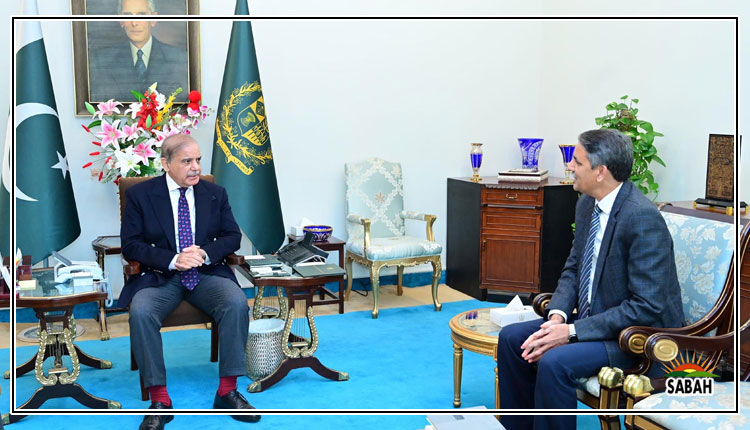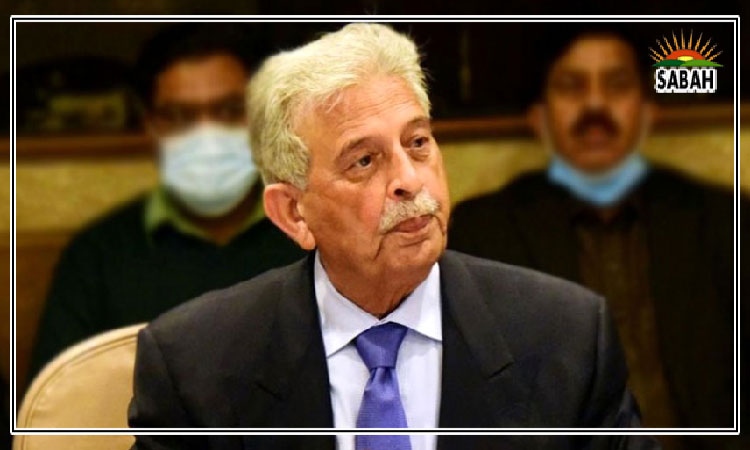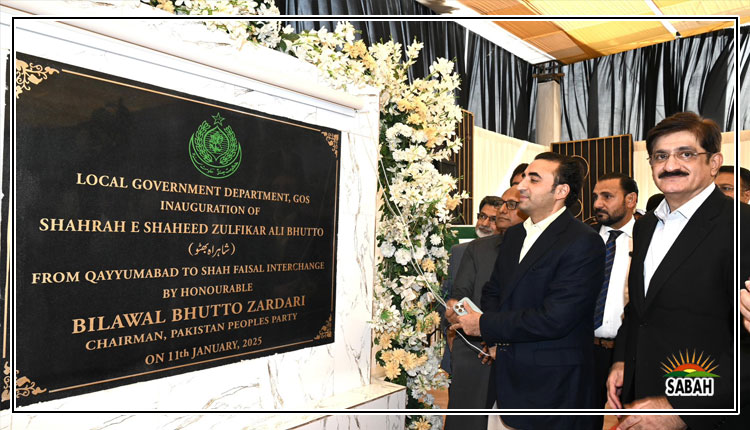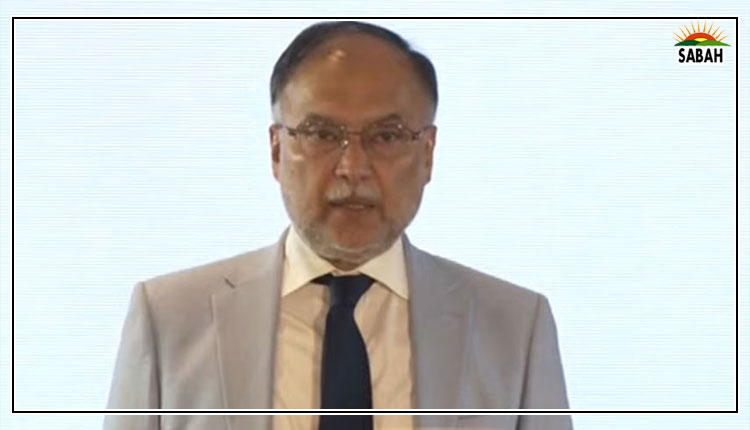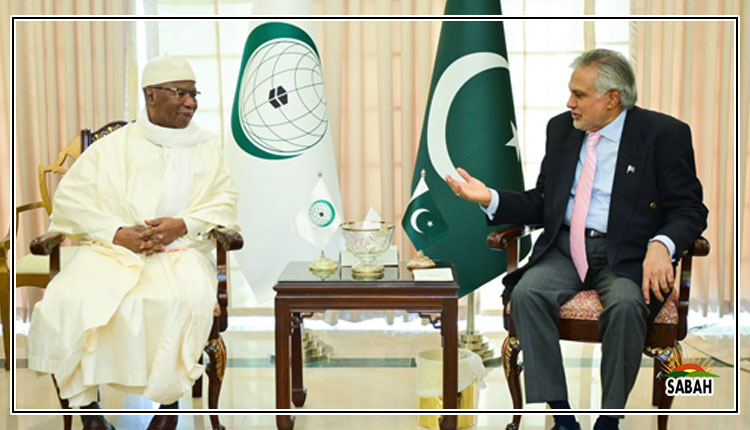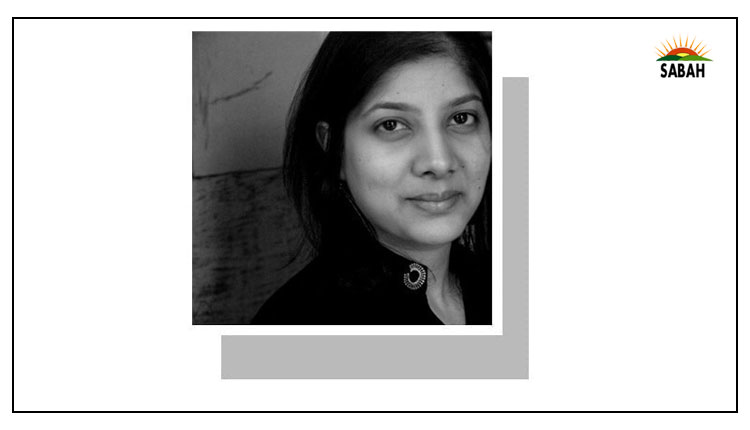‘Managing’ polls…Huma Yusuf
THE year 2024 is the year of elections. That means its also the year of corruption. Around the world, corruption and elections go hand in hand, with research showing that corruption soars in the run-up to polls. In Pakistan, electoral corruption is perceived as necessary to maintaining a perverse form of political stability; a way of managing democracy to ensure that the institutional status quo is not upended. Despite the orchestration of this years election, there are signs this tactic may be fraying.
Narratives of corruption are inevitably tied up with Pakistans electoral process. One candidate is cleared of corruption charges, seemingly to come to power, another faces corruption charges to quash his political potential. Ironically, the perversion of justice, intimidation and censorship required to manage the corruption status of political actors are themselves a form of corruption, executed in the name of eradicating that very evil.
In fragile states like ours, corruption is not only the means to an end, but is also believed to contribute to some modicum of ongoing stability. Back-channel corruption in the run-up to elections is a form of consensus-building around one candidate, and is widespread to ensure there are no challenges to the carefully brokered power equation extending across law enforcement, the judiciary, bureaucracy, electables, the business community, etc.
To be clear, corruption does not take the form of bribery only, though our electoral history is littered with suitcases stuffed with cash. As Transparency International puts it, corruption also includes the abuse or manipulation of state resources, which includes court rulings and electoral policies that favour certain candidates, gerrymandering, vote-buying in the context of patronage politics, media gagging, strategic deployment of security forces on election day, and so on.
Corruption does not only take the form of bribery.
It is a familiar story. But it is helpful to go further and recast electoral corruption in the context of buying the peace. Peace buying typically occurs in post-conflict situations; for example, after civil wars. In these contexts, peace builders (global institutions and NGOs) buy off violent actors (ethnic militias, organised criminal groups) in exchange for ending the conflict. This can be through outright payment or through soft agreements about which groups can control certain resources (think of ministries being handed to different factions in a post-conflict scenario). This tactic was used by the US in Afghanistan, with that countrys ethno-linguistic groups plundering different state coffers and diverting development aid while Washington turned a blind eye.
For earnest peace builders, a bought peace is at best a short-term arrangement during a transition period, with hopes of ultimately shifting incentives and normalising democratic practice. The tactic fails when stakeholders perceive they are not benefiting equally. Those grievances descend into conflict because the affected group has lost the incentive to remain non-violent.
Applying this frame to Pakistans poll landscape is helpful. For decades, electoral corruption has worked because all elite stakeholders have benefited from the system. Even those who lose out in one election bide their time knowing they will enjoy favours the next time polling occurs.
But one key stakeholder has historically been sidelined in these negotiations: the public. At most, they are seen as recipients of patronage transactional service delivery in exchange for complicity doled out in the form of subsidies, patchy infrastructure development, tolerance for tax evasion. However, in times of economic and climate crises, resources for distribution through patronage are increasingly scare. Corruption is breeding competition, not consensus; grievances are mounting.
We can see this in protests across the country: Baloch women demanding the return of their disappeared loved ones, hundreds demanding wheat subsidies in Gilgit-Baltistan, traders protesting in Chaman, fisherfolk rising against Chinese trawlers along the coastline, farmers unionising in Okara, city dwellers burning soaring electricity bills on the streets. It is getting harder to buy the peace now that the public is demanding its share.
It is only by recognising that old tactics cannot work and genuinely transitioning to inclusive democracy that Pakistan can move forward. It seems elections will take place this year, and all is likely to go to plan. A 2016 study by Stefan Dahlberg and Maria Solevid found that voter turnout is not materially affected by perceptions of corruption, particularly where vote-buying is rampant. The day after polls, it may seem as if all is in control, the status quo well preserved. But we should all beware what comes after.
Courtesy Dawn



